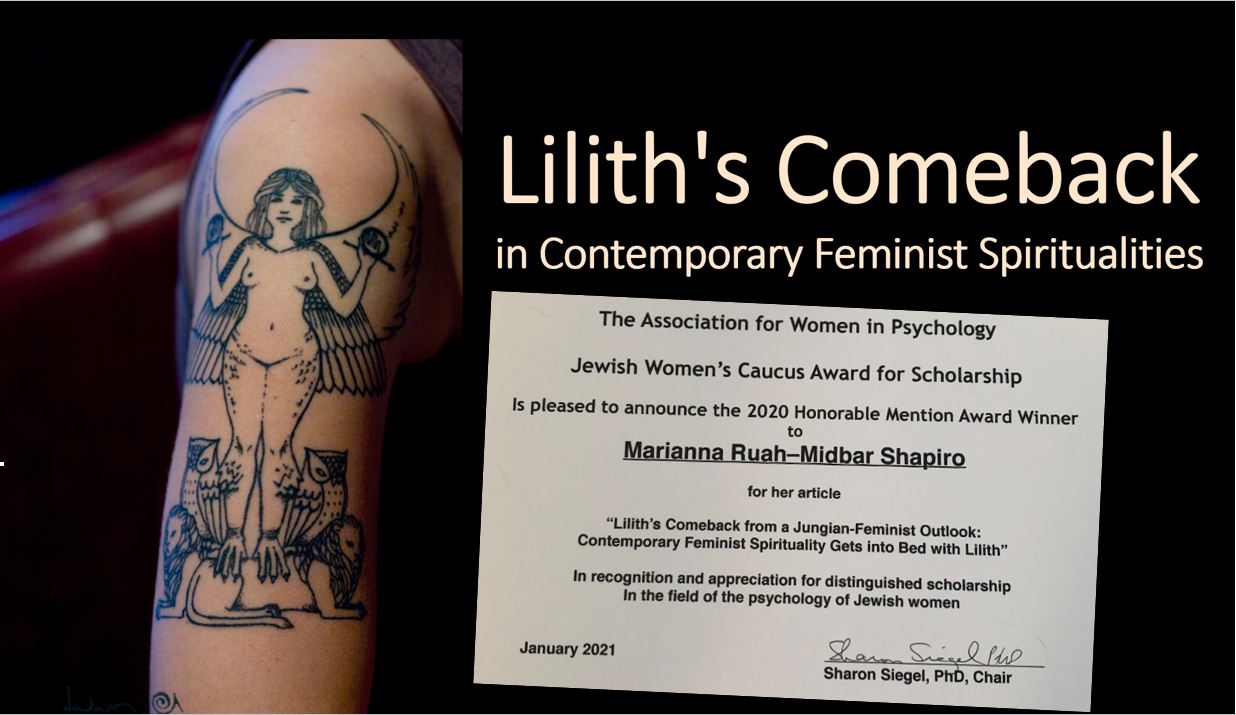Article: The Sacralization of Randomness – The Theological Imagination and the Logic of Computerized Divination Rituals
Have you ever had your cards read online? …Hoe is it different than reading cards from a deck? In this article all the divination (foretelling) rituals are analysed, in their new, virtual version: what changes in the virtualization process, in terms of the inner logic of believers? In my opinion, in the course of this process, a new logic is emerging, that gains popularity in our cultue - a logic of sactifying randomness. The artcile (about 13,500 words) was published in Numen: International Review for the History of Religions - a first-rate world-renowned journal in the field of Religious Studies (considered by many scholars in the Humanities as the top Religious Studies journal in the world).






